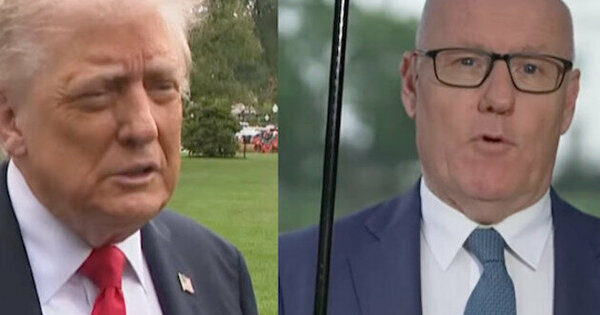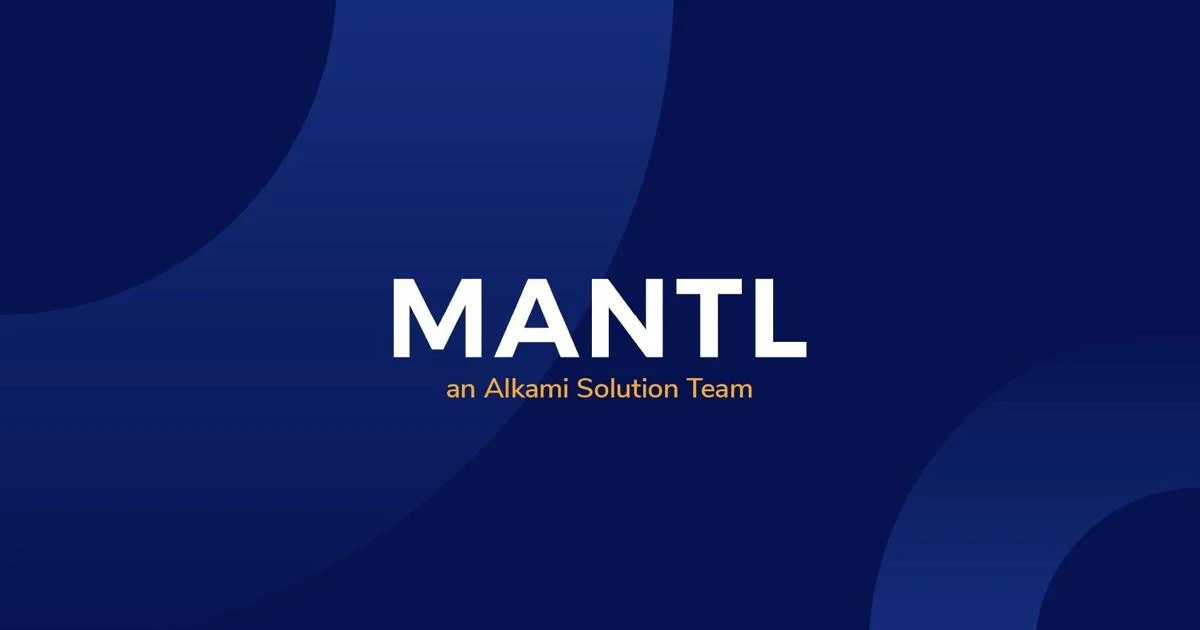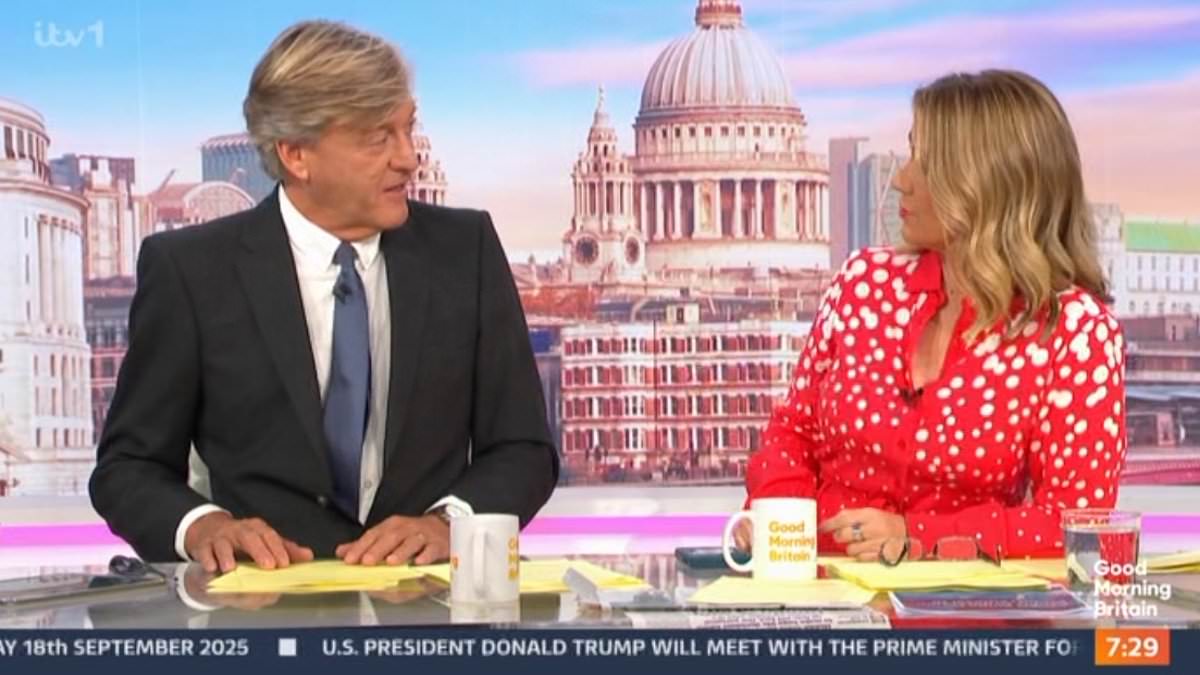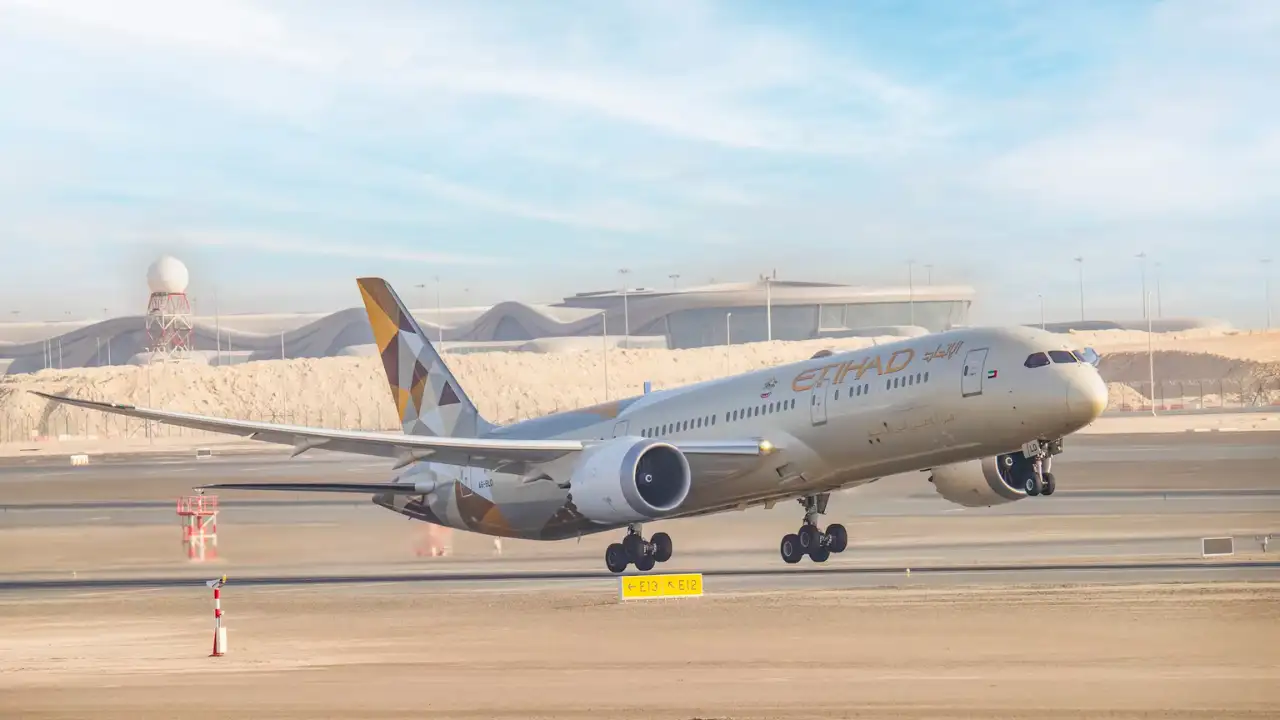
Trump turned a simple conflict-of-interest question into a schoolyard spat threatening to “tell on” a journo to Australias Prime Minister, writesVince Hooper.
IT TAKES A CERTAIN theatre of the absurd to transform a routine White House press gaggle into a diplomatic sideshow. Yet that is precisely what happened when an Australian Broadcasting Corporationjournalist, researching U.S. President Donald Trump’s family business interests, asked a straightforwardquestionabout whether it is appropriate for a sitting president to be engaged in so many business activities.
The question was sober and reasonable: a matter of conflicts of interest, wealth accumulation, and transparency in public office. Trumps response, however, veered quickly into the surreal. He first insisted that his children were running the business empire, then abruptly shifted the ground.
While America rallies against tyranny, Australia stays silent under a foreign crown. It’s time to reignite the republican debate.
Instead of grappling with the premise, he went after the journalists nationality, declaring:
And then came the kicker Trump promised to personally inform Prime MinisterAnthony Albaneseabout the journalists behaviour, as if geopolitics had suddenly collapsed into a schoolyard spat where the ultimate threat was tattling to the headmaster. The art ofdobbing.
At one level, the episode is comic, a reminder of Trumps instinct for spectacle and grievance. But beneath the absurdity lies something darker: a consistent refusal to treat journalistic inquiry as a legitimate part of democracy. Instead, accountability is reframed as disloyalty. The president of the United States, confronted with a basic question about conflicts of interest, responded not with explanation but with a kind of diplomatic intimidation.
This is part of a longer pattern. From his first term to his second, Trump has cast journalists asenemiesrather than interlocutors. The war on the media is not rhetorical garnish but central to his political style. In this worldview, truth-seekers are painted as traitors, tough questions are reframed as acts of sabotage, and now even foreign allies are enlisted as props in his domestic culture wars. By claiming that the ABC reporter was hurting Australia, Trump implied that the act of pressing a leader for clarity was somehow an attack on his allies themselves.
What is most revealing is how quickly Trump personalised diplomacy. The U.S.Australia relationship is built on strategic alignment, trade, military cooperation, and shared democratic values. It is not dictated by whether a reporter poses a question he finds confrontational. Yet in his rhetoric, the fate of nations collapsed into the thin skin of one man. This habit of reducing statecraft to personal loyalty tests is not merely undignified; it is dangerous. If bilateral alliances can be bent around one leaders grievances, they risk becoming unstable, transactional, and unpredictable.
Trumps push to brand anti-fascism as terrorismmay just encourage a global revival ofresistance.
Compare this to other democratic leaders.Joe Biden, for all his gaffes, generally responds to press scrutiny with irritation at worst, never with the threat of raising the matter in a diplomatic call. Anthony Albanese himself fields barbed questions from Australian journalists on policy, integrity, and leadership without implying that the act of questioning undermines Australias alliances. Even populist figures like Britains ex-PMBoris Johnsonor IndiasNarendra Modi, while often prickly, have not suggested that reporters risk harming national security simply by doing their jobs. Trump stands almost alone in converting a press query into a matter of international loyalty.
In the end, Trumps outburst says less about Australia than about America. It was not Australias reputation on trial, nor the alliance, nor the ABC reporters patriotism. It was the presidents tolerance for accountability and that, once again, proved to be vanishingly thin and fake.
Vince Hooperis a proud Australian/British citizen and professor of finance and discipline head at SP Jain School of Global Management with campuses in London, Dubai, Mumbai, Singapore and Sydney.
Related Articles
Support grows for change in political spam exemption EDITORIAL: Trump won but wait, Albo just got another flight upgrade! Trump & Orbn: The deceptive allure of strong men in power CARTOON: Trump and DACA Donald Trump’s America: A Roman reversal?



